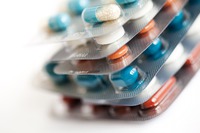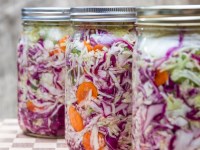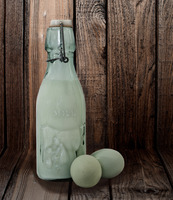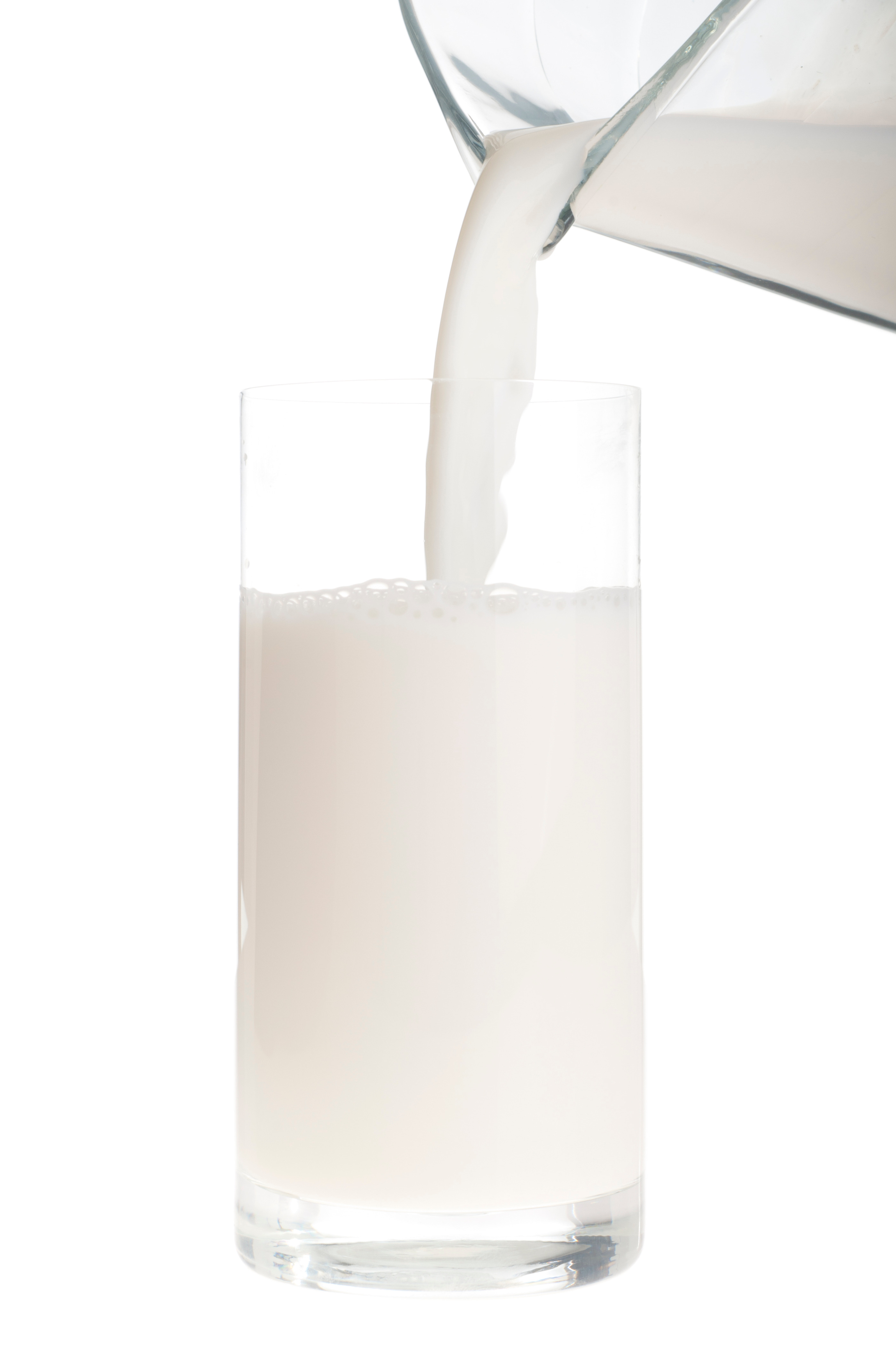- Home
- probiotics
Blog Categories
Recent Posts
The Truth About Probiotics and Antibiotics
Posted by on

Photo by Global Panorama
If you’re reading this blog, I’m going to assume you’re fairly savvy about your gut microbiota – you know that the balance of gut microorganisms is important to keeping you healthy, and you know that probiotics and antibiotics can change that balance. But there’s a little more to the story. If you’re wondering how bad the damage to your gut flora might be while you’re taking antibiotics, curious about how you can safely replace the right gut bacteria, and believe in nature’s pharmacy, keep reading. I’ve got a lot to share.
Let’s rewind the clock a few years. It’s 2012. A massive meta-study on probiotics was just published – you’ve probably heard about it. The results showed that you can decrease the risk of antibiotic associated diarrhea when you take probiotics while taking your antibiotics. But what you might not have heard is that the study wasn’t that conclusive – the results were pretty heterogeneous. That means they might not hold true for all populations, age groups, or illnesses being treated. They also involved the use of pre-made probiotic preparations, and usually ones for research purposes. Good luck finding the same thing at your neighborhood pharmacy.
So now that you know there’s a caveat to that study, does it change anything?
What’s Living Inside You?
It’s important to note that we don’t really understand the gut microbiome that well. It’s a complex place, and we’re still learning what the gut flora DO. There are actually more microorganisms living in our bodies than we have cells. Go figure. As a result, we’re only now discovering some amazing information about our microbiological inhabitants, like these fun facts:
- Toxoplasmosis infections, spread by the Toxoplasma gondii parasite (often found in kitty poo) can cause a flu-like infection that’s commonly called “cat scratch fever”, but that’s not all it does. It might make some people a little crazy, a little suicidal, or even slightly schizophrenic - years later.
- A 2011 study on rats showed that Lactobacillus helveticus R0052 and Bifidobacterium longum R0175 can reduce anxious behavior in as little as two weeks. The same researchers extended their study to humans and found very similar results, including decreased depression and reduced anxiety.
- In 2014, Canadian researchers from Laval University in Quebec published a study in the British Journal of Nutrition. In it, they describe how a group of women taking probiotics on a 12-week weight-loss program followed by a 12-week maintenance program lost more weight than their placebo-consuming cohorts. They also showed a lower count of bacteria that are often present in obese individuals’ intestinal tracts. The study didn’t show any effects for men, though.
The fact that the organisms our bodies host have strong effects on us is undeniable. But what about when you intentionally change the balance? Does taking antibiotics make you more likely to get sick, or less? It turns out that’s not a simple question…
Probiotics and Antibiotics Can Work Together
For a long time, doctors and health pros weren’t sure about when to take probiotics with antibiotics, or if you even should take the two together. Nutritionists and other health professionals weren’t sure if taking probiotics while you took antibiotics would just be a waste of money. After all, antibiotics KILL bacteria.
When Clostridium difficile started rearing its head in places outside of hospitals, and made its presence known as one of the lead causes of antibiotic associated diarrhea, doctors knew they had to do something a little differently. Our trusted medicines were making us a little sick, while they made us better. Health professionals turned to probiotic preparations – usually powders or pills – that would accompany your antibiotic treatment or follow it.
For some illnesses, treatment has improved radically with probiotics added to the mix. Got ulcers? Taking an antibiotic to get rid of ulcer-causing H. pylori, and washing it down with a probiotic could be a great move. But that’s not true for every illness. Immunocompromised folks should ALWAYS talk to a health professional first – probiotics might actually do them more harm than good.
As Dr. David Johnson stated in a video on Medscape, “Although intended to restore good health, we are seeing a dysbiosis. We have disrupted the microflora in the gut, and are trying to jam it back with strains of bacteria that we think are good bacteria, and it may not be the correct answer.”
Is Packaging the Problem?
Packages of ‘potentially good’ bacteria may not really be the best option for anyone. Think about it. When you’re a baby, you don’t have a lot of gut bacteria. You’ve got a little – whatever made its way through mom to you – but not much. That’s why we start out adding foods slowly, testing how baby handles them, and moving to more complex meals.
The BLAND diet, bane of anyone recovering from diarrhea, was an attempt to recreate that experience, but the approach is flawed. Some researchers believe it could actually be harmful for children, and isn’t right for everyone. If your gut bacteria are suffering from something other than treatment for diarrhea, it’s definitely not the right fit. Enter probiotics.
There are plenty of ways to get probiotics in your diet. As kids, we play in the dirt, lick our fingers, share food, and are generally pretty messy. According to an article on Wellness Mama’s site, that turns out to be really good for our gut bacteria 1. As adults, however, we don’t really eat mud pies that often. Add to that the fact that more and more nutritionists and health coaches are arguing in favor of complex gut microbiota – full ecosystems. Some claim that the more varied the mix, the better.
On antibiotics, a good portion of them die off. So how can you get back the good gut flora you need? Not from a package. The probiotic strains in most packaged mixes are limited – usually some lactobacilli and some bifidobacterium, or just one strain in high quantities. Zir Fos, for example, is a probiotic supplement sold where I live that only includes one strain of bacteria, and feeds it with aspartame (Yuck! Talk about a cure that’s worse than the disease…).
Pills from health stores aren’t usually much better. If you want a robust mix of probiotics you’ve got to pay a fortune. Even then, who decides what bacteria are good for you and why? No one knows the full role of all the gut bacteria at present – there are too many strains, and everyone’s internal mix is a little different. Where will you find the right gut flora?
Bringing the Good Gut Flora Back
It turns out that the answer to replacing gut flora is much simpler than you might think. You can’t eat mud pies, but you can indulge in yummy fermented and cultured foods. And you need more than bacteria. There are healthy yeasts out there, too 2 – like Saccharomyces boulardii lyo. Bonus points if you can say that 5 times fast.
S. boulardii lyo won’t die off if you’re taking an antibiotic, doesn’t grow out of control like some bacteria strains can, and is great for people with sensitive digestion, since it doesn’t require any prebiotic fibrous materials that make you gassy in order to flourish. Often prescribed by doctors, it’s drug name is Florastor. Kinda’ overstates the obvious, right?
But I’m not a fan of packages. And that yeast strain can be found somewhere else, too – lychee and mangosteen fruits. Yay for nature’s pharmacy! If you’re looking for healthy sources of probiotics, look in the kitchen. Fermented vegetables provide a wide mix of natural probiotics. You’ll find a wide assortment in fresh fruits, too. Check out cultured dairy products like yogurt and kefir for more. Eating a diet rich in fruits and vegetables, both fermented and fresh, can keep your gut microbiota healthy, especially if you supplement it with fermented milk products.
Antibiotics and probiotics have a complex relationship. They can work together, but you need to be proactive in your diet to keep the right mix of probiotics on hand. And if you really want to get the most benefit out of them, don’t forget to eat plenty of prebiotic foods, too. Jicama is one of my favorites, but dandelion greens, garlic, onions, asparagus, bananas and chicory are great picks, too. This article on Paleo Leap 3 covers the basics of prebiotics.
If you’ve got any questions about eating and living healthy, share them on our Facebook page. We’re looking forward to hearing from you. And don’t forget to show us how much you love the blog by sharing our articles, too!
References:
1. http://wellnessmama.com/12908/kids-need-dirt/
2. http://health.usnews.com/health-news/blogs/eat-run/2014/07/29/how-and-why-to-take-probiotics-when-using-antibiotics
3. http://paleoleap.com/need-know-prebiotics/
4. http://www.theatlantic.com/magazine/archive/2012/03/how-your-cat-is-making-you-crazy/308873/
5. http://www.researchgate.net/publication/51702660_Beneficial_psychological_effects_of_a_probiotic_formulation_(_Lactobacillus_helveticus_R0052_and_Bifidobacterium_longum_R0175)_in_healthy_human_volunteers
6. http://www.ncbi.nlm.nih.gov/pubmed/22570464
7. http://www.womenshealthmag.com/weight-loss/probiotics
8. http://www.quickanddirtytips.com/health-fitness/prevention/should-i-take-antibiotics-with-probiotics
9. http://www.medscape.com/viewarticle/830002#vp_3
10. http://chriskresser.com/what-to-do-if-you-need-to-take-antibiotics/
11. http://www.medicamentosplm.com/home/productos/zir_fos_polvo/2329/101/39602/126
Information provided in this communication is not designed to and does not provide medical advice, professional diagnosis, opinion, treatment or services to you or to any other individual. This is general information for educational purposes only. The information provided is not a substitute for medical or professional care, and you should not use the information in place of a visit, call consultation or the advice of your physician or other healthcare provider. Wise Choice Marketing Inc is not liable or responsible for any advice, course of treatment, diagnosis or any other information, services or product you obtain through Wise Choice Marketing Inc.

7 Probiotic-rich Foods to Maximize Your Morning Workout
I admit it. I’m a bit of a workout junky. I like sweating, feeling relaxed, and all those good endorphins that flood my bloodstream after I work out. On a good day, I get up early in the morning, have some green tea and write or edit any articles I need to turn in that day. And even [...]

Why Raw and Fermented Dairy is Best
In a world full of antibiotics and processed foods, raw and fermented dairy is making a comeback. More people are making their own yogurt or kefir, and raw cheeses are also coming back in fashion. The main reason? Health. Why? In one word -- probiotics. Or two words -- good bacteria. The bulk of your immune system is centered in [...]

Is Raw Cheese Better For You?
Don’t eat dairy. Do eat dairy. Eat cheese. Only eat raw cheese. It seems like everyone has something to say about your dairy consumption, but why? What’s behind all the noise about raw cheese? Is it REALLY better for you? The cheese industry in the U.S. is huge - Wisconsin led the United States in cheese production in 2011, producing 2.6 [...]

How to Improve Your Digestive Health with Fermented Foods
Fermented foods are a crucial part of the human diet, but they’ve gradually been disappearing. Some researchers are beginning to suspect that an unbalanced microbiome in the body could be responsible for health woes like allergies and celiac disease. That poses a big problem for the modern diet, however. Fermented foods aren’t easy to find anymore – their mass-produced counterparts don’t involve [...]



 Loading... Please wait...
Loading... Please wait...












